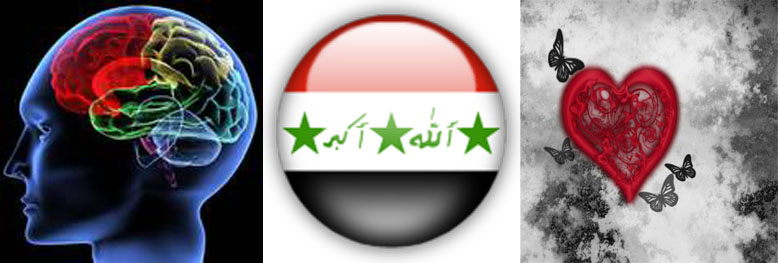Unexpectedly the road to recovery had already begun. Understanding what had caused the phobia made me realise that the problem lay in my thoughts and not my feelings. The problem began to lose its intensity. I initially had thought that determining the cause of the phobia was important but although it helped me begin to heal, it was what I discovered later that brought the final solution. I now believe it is possible to heal completely without determining the cause.
At this point in time I began to admit to myself that I was a phobia sufferer even if it didn’t fall under the mainstream banners of phobia types: but it certainly appeared to be a phobia.
I still lacked the courage to talk openly to people about it and continued to adopt an avoidance policy. Possibly talking to people would have helped to dilute the importance of the situation further but sharing a phobia with non-phobia sufferers could be detrimental considering the lack of sympathy expected. So I decided it wasn’t worth the risk and moved on to the next step.
Initially I thought that from then on it would be easy. All I had to do was expose myself to the fear situation enough (desensitisation therapy) and it would dissolve away, but I found that the type of phobia I had wouldn’t allow this to happen. When the fear situation was orchestrated in any way, the fear would not arrive. I couldn’t see how I could expose myself gradually to the fear environment. Leaving for home just after the soup would require considerable explanation. Also to organise a situation meant explaining the problem, which was not what I wanted to do.
I had to find a way of equipping myself mentally so as to deal with the fear as it unfolded. This was to prove my biggest stumbling block and for many years I didn’t have an answer.
I had long been aware that the phobia was thought driven. Several things led me to think that. Alcohol had been a great tool for me to use to get through dinner invitations where there was no escape. I quickly learnt that the alcohol interfered with the mind's attempts to induce fear and panic. Also discovering that the origin of the phobia was a mental link to a previous fearful environment, and the fact that I experienced the symptoms of fear when the source of the fear was not present.
So I began to see how closely thought and feeling were connected. The moment a dinner invitation was extended my body would immediately display the symptoms of fear even if the event were weeks away. My physical situation at that point had not changed, only my mental situation. Also, when I left the dinner table and went into another room or when the meal was over, I’d feel better: but this was only because I was thinking differently.
I concluded that my body was reacting in a perfectly normal way to the circumstances I was creating for it. Adrenalin works on certain organs only in a certain way.
So I realised that trying to fight the fear by holding tightly onto myself would always be a losing battle as the tension, panic and fear would only mount to breaking point and I would only have another failure to store away in my memory.
So I decided to try the opposite. Instead of trying to hold tightly on to myself when panic struck I would consciously relax and release the hold on myself in thought first then physically. I would accept everything my body threw at me, knowing full well that it is bound by biological constraints. I would completely surrender to all my thoughts and feelings so each time panic struck I would not give it the chance to build upon itself. I would not let my feelings bluff me into thinking they were important but just let them wash over me convincing my mind they were of no consequence.
For the first time I felt I had a mechanism that could help me get through a meal dealing with the fear and panic as it came to me. I tentatively began to look forward to the chance to put all the theory into practice.

No comments:
Post a Comment